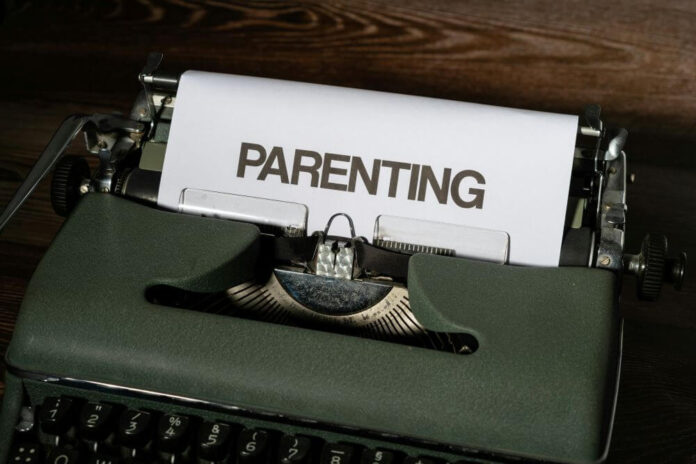Parents, meet your new frontier: juggling work while raising kids. This is the reality we’ve come to know and “love” in today’s society. But amidst sleepless nights and never-ending work days, a glimmer of hope emerges—new parental benefits. Could they be the game-changer working parents need? Spoiler: they absolutely should be.
Parental Leave: Finally, a Break That Matters
We can talk about work-life balance till we’re blue in the face, but without meaningful leave policies, it’s as useful as a chocolate teapot. Traditional leave often fell short, forcing parents to get by on little or no downtime. Enter expanded parental leave. Companies increasingly realize that parents need time, not just a few weeks of unpaid leave, telling new moms and dads, “Good luck, you got this!” It means real, substantial time, with your full salary pulling its weight.
Additionally, understanding state-specific laws, such as Colorado family law explained, can help employers and employees navigate the complexities of parental leave and ensure that all parties benefit effectively from the available policies.
Furthermore, the introduction of phased returns to work post-leave has emerged as a practical solution for easing back into professional responsibilities. This helps parents transition at a manageable pace, ensuring they’re positive, productive, and less overwhelmed. Employers who offer a slow re-entry back to full-time commitments exude genuine care, knowing that supportive measures make all the difference.
The Flexibility Myth Is No Myth Anymore
“Flexibility” isn’t just something reserved for Olympic gymnasts anymore. Flexi-hours and remote work options are now a staple for good employers. But it’s not an option; it’s mandatory. Because let’s face it, life isn’t 9 to 5. Kids don’t operate on schedules. Diaper emergencies, unexpected school events, or just bad days filled with Lego catastrophes and tears—they all happen. So, flexibility isn’t a whim of soft-hearted employers; it’s a baseline requirement. Workplaces that adopt this model set themselves up as family-friendly havens, a title more valuable than gold dust when parents scout for employers.
For many parents, having flexibility isn’t solely about staying home in case of emergencies or school plays; it’s about being present for moments that can’t be rescheduled. Offering adjustable work hours represents trust in employees, which translates into commitment and loyalty. When people know they can step up in their roles without sacrificing family commitments, they are more willing to go the extra mile for their employers.
Welcome to The Parental Perk Era
Let’s face it, people, being a parent is a full-time job. One with no sick days, vacation, or actual pay at the end of the month. So why should balancing a career and childcare mean choosing between your sanity and income? The answer is simple: it shouldn’t. Cue the entrance of expanded parental benefits. These perks, from enhanced leave policies to flexible work hours, aren’t just pie-in-the-sky dreams; they’re gradually becoming a reality.
One hidden gem of welcoming parental perks is the ripple effect on workplace culture as a whole. When employees see their organizations showing compassion and understanding, it fosters an environment grounded in mutual respect and cooperation. It encourages teams to be more empathetic toward each other’s unique scenarios, nurturing a culture where challenges can be openly discussed and solved.
Why This Benefits Everyone
So why should non-parents care? It benefits everyone, plain and simple. When parents have the space to breathe, they are more productive, happier, and engaged. That means better work for everyone involved. It delivers a boost to something that’s been fading in modern workplaces: real, genuine happiness. Plus, for companies, these focus shifts reduce staff turnover; more frayed parents leave jobs that don’t support them.
The Role of Men in the New Parental Paradigm
Don’t think this is just about moms. Dads want in on this change, too. Giving fathers a more active role in early childcare not only helps the family but it also enables gender parity in the workplace. Equal parental leave for both parents should be the gold standard. It gives dads the chance to actually bond with their new arrivals rather than just being the silent partners.
Societal norms are gradually changing, reflecting a more inclusive view of parenting roles. Dismantling traditional expectations allows both moms and dads to thrive at work and at home. The reward? Healthier family dynamics where all members, regardless of gender, can contribute meaningfully, ensuring a nurturing environment for growing children.
A Final Argument: Employers, Take Note
Listen up, employers: the sooner you realize that supporting parents benefits more than just their families, the better. It attracts a stronger, more diverse workforce. It makes your organization a place where employees want to build careers. So, get on board or be left in the dust.
In summary, embracing these new parental benefits isn’t just a necessity for the work-life combo meal deck. It’s the main dish. With these changes, maybe—just maybe—we can put to bed (pun intended) some of that daily chaos that plagues working parents.
